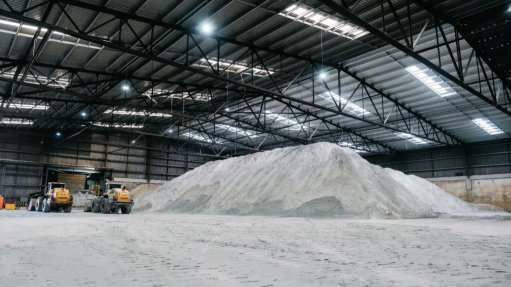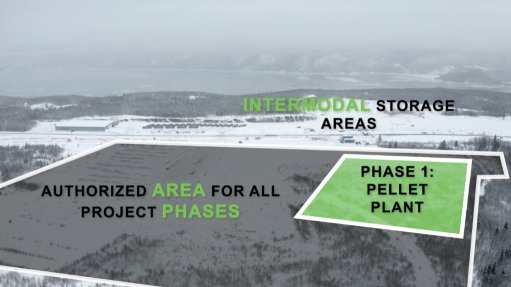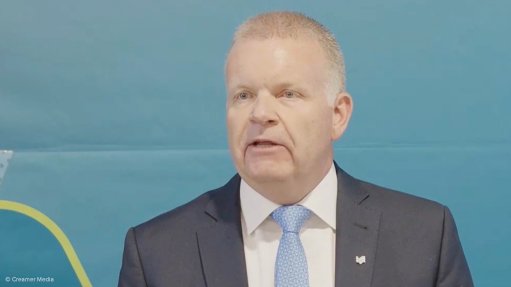Trump strikes deals on trade, critical minerals in Southeast Asia
KUALA LUMPUR - The United States signed a flurry of deals on trade and critical minerals with four Southeast Asian partners on Sunday, looking to address trade imbalances and diversify supply chains amid tighter export curbs on rare earths by China.
US President Donald Trump, who is in Kuala Lumpur to attend a summit of the Association of Southeast Asian Nations, signed reciprocal trade deals with his Malaysian and Cambodian counterparts, as well as a framework trade pact with Thailand that will see the countries work to address tariff and non-tariff barriers.
The United States would maintain a tariff rate of 19% on exports from all three countries under the deals, with the levy to be reduced to zero for some goods, according to joint statements released by the White House.
Washington also announced a similar framework deal with Vietnam, which has been levied with a tariff rate of 20% on its exports to the United States.
Vietnam, which recorded a trade surplus of $123-billion with the United States last year, has pledged to vastly boost its purchases of US products to reduce the trade gap between the two countries.
MALAYSIA NOT BANNING RARE EARTHS EXPORTS TO US
Trump on Sunday inked two separate US deals with Thailand and Malaysia seeking cooperation to diversify critical minerals supply chains, amid competing efforts from Beijing in the rapidly growing sector.
Reuters reported exclusively this month that China was in talks with Kuala Lumpur on rare earths processing, with Malaysian sovereign wealth fund Khazanah Nasional expected to partner with a Chinese firm to build a refinery in Malaysia.
China, the world's top miner and processor of rare earths, has imposed increasingly stringent export controls on its refining technology, sending global manufacturers scrambling to secure alternative supplies for critical minerals used widely in semiconductor chips, electric vehicles and military equipment.
Malaysia agreed on Sunday to refrain from banning or imposing quotas on exports to the U.S. of critical minerals or rare earth elements, the countries said in a statement.
The statement however did not specify whether Malaysia's pledge applied to raw or processed rare earths.
Malaysia, which has an estimated 16.1-million tonnes of rare earth deposits, has banned the export of raw rare earths to prevent the loss of resources as it looks to develop its downstream sector.
ELIMINATING TARIFF BARRIERS
The agreements were inked after Trump oversaw the signing of an enhanced ceasefire agreement between Thailand and Cambodia, following deadly border clashes between the neighbours earlier this year.
Under the deals, the four Southeast Asian countries pledged to remove trade barriers and provide preferential market access to various US goods.
The deals also include commitments in digital trade, services and investments as well as promises by the Southeast Asian countries to protect labour rights and strengthen environmental protections.
Thailand, Malaysia and Vietnam further agreed to accept vehicles built to US motor vehicle safety and emissions standards, according to the statements.
Malaysia, a majority Muslim country recognised as a global leader in halal certification, agreed to streamline requirements for US products such as cosmetics and pharmaceuticals.
Its trade minister Tengku Zafrul Aziz told reporters that Malaysia had also secured tariff exemptions for aerospace equipment and pharmaceutical products as well as commodities such as palm oil, cacao and rubber.
Thailand said it would eliminate tariff barriers on approximately 99% of goods, and relax foreign ownership restrictions for US investment in its telecommunications sector, both countries said in a statement.
They also took note of several forthcoming commercial deals between Thai and U.S. companies, including the purchases of agriculture products such as feed corn and soybean meal worth an estimated $2.6 billion per year.
Thailand has also committed to purchases of 80 U.S. aircraft totalling $18.8 billion and energy goods including liquefied natural gas and crude oil of around $5.4 billion annually, the statement said.
Article Enquiry
Email Article
Save Article
Feedback
To advertise email advertising@creamermedia.co.za or click here
Announcements
What's On
Subscribe to improve your user experience...
Option 1 (equivalent of R125 a month):
Receive a weekly copy of Creamer Media's Engineering News & Mining Weekly magazine
(print copy for those in South Africa and e-magazine for those outside of South Africa)
Receive daily email newsletters
Access to full search results
Access archive of magazine back copies
Access to Projects in Progress
Access to ONE Research Report of your choice in PDF format
Option 2 (equivalent of R375 a month):
All benefits from Option 1
PLUS
Access to Creamer Media's Research Channel Africa for ALL Research Reports, in PDF format, on various industrial and mining sectors
including Electricity; Water; Energy Transition; Hydrogen; Roads, Rail and Ports; Coal; Gold; Platinum; Battery Metals; etc.
Already a subscriber?
Forgotten your password?
Receive weekly copy of Creamer Media's Engineering News & Mining Weekly magazine (print copy for those in South Africa and e-magazine for those outside of South Africa)
➕
Recieve daily email newsletters
➕
Access to full search results
➕
Access archive of magazine back copies
➕
Access to Projects in Progress
➕
Access to ONE Research Report of your choice in PDF format
RESEARCH CHANNEL AFRICA
R4500 (equivalent of R375 a month)
SUBSCRIBEAll benefits from Option 1
➕
Access to Creamer Media's Research Channel Africa for ALL Research Reports on various industrial and mining sectors, in PDF format, including on:
Electricity
➕
Water
➕
Energy Transition
➕
Hydrogen
➕
Roads, Rail and Ports
➕
Coal
➕
Gold
➕
Platinum
➕
Battery Metals
➕
etc.
Receive all benefits from Option 1 or Option 2 delivered to numerous people at your company
➕
Multiple User names and Passwords for simultaneous log-ins
➕
Intranet integration access to all in your organisation


















